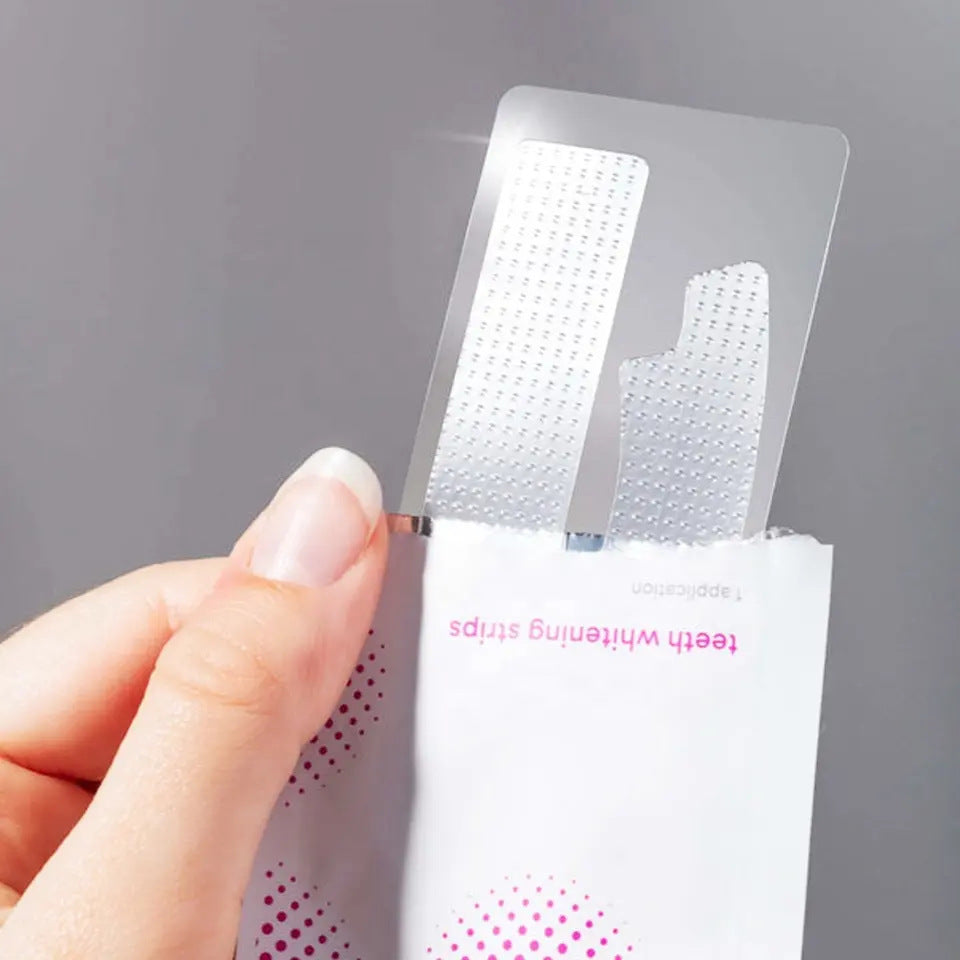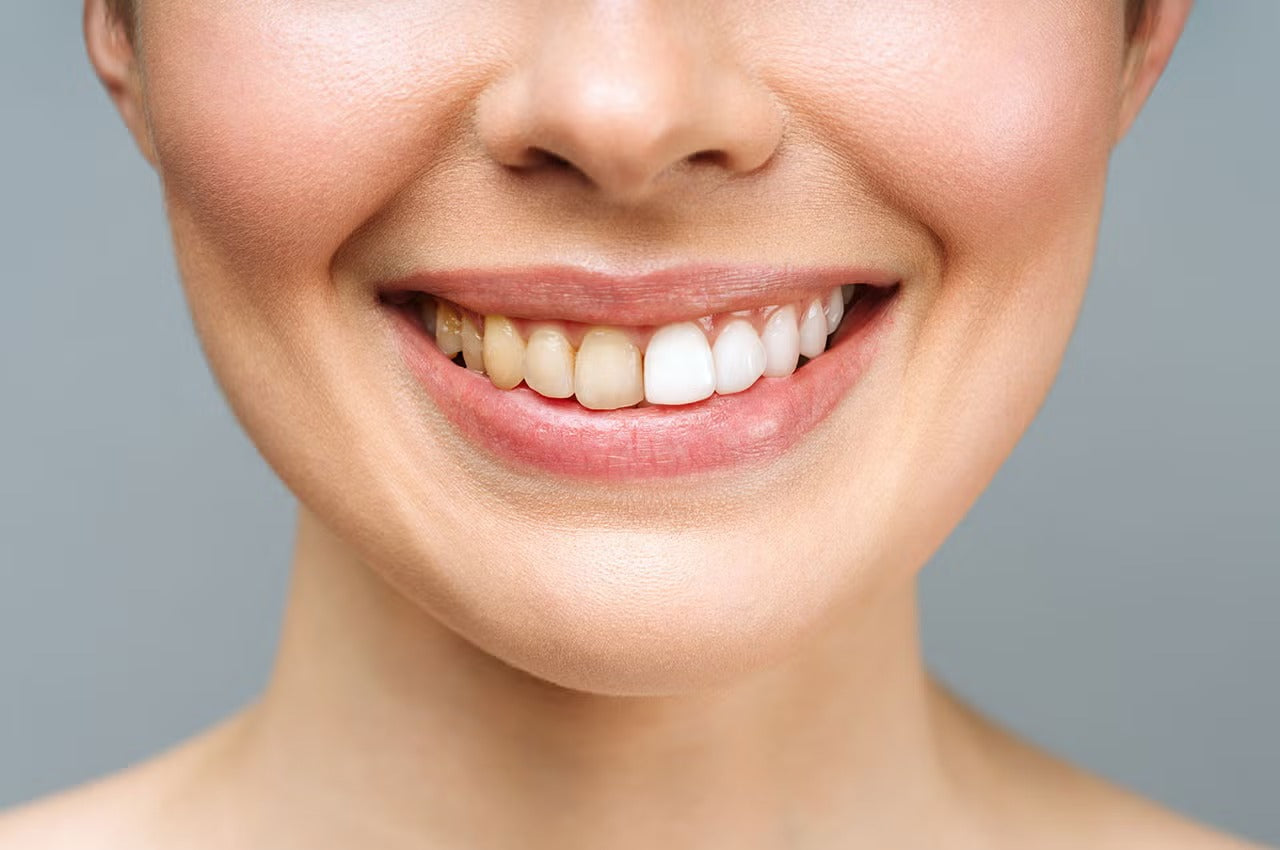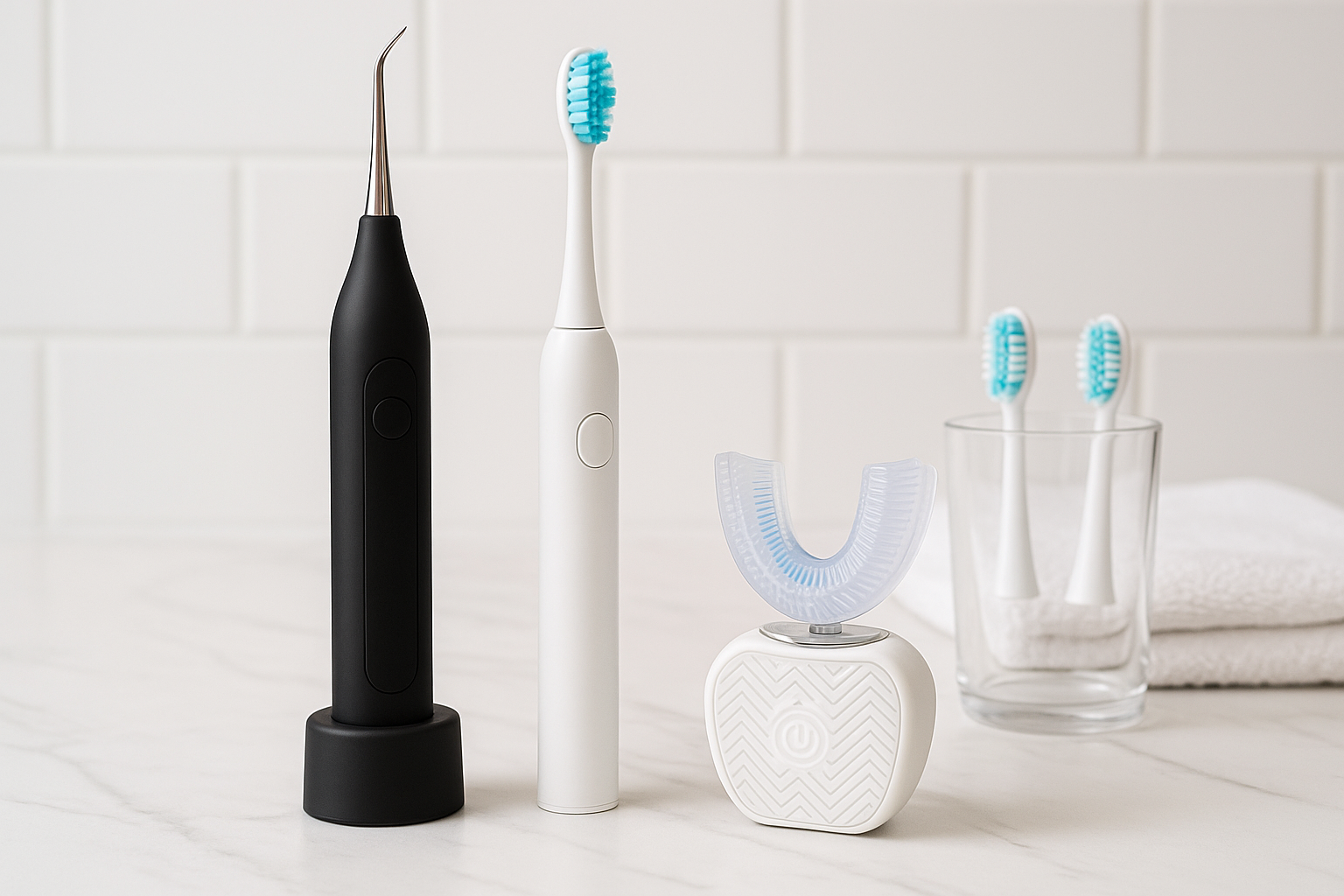Keeping your child's teeth clean is not just about a bright smile; it is an essential part of their overall health. Oral hygiene helps prevent common problems such as tooth decay in children, gum infections, and painful dental issues that can affect eating, clear speech, and self-confidence in social situations.
Poor dental health in children at a young age can lead to serious long-term complications, such as tooth decay, misalignment, or even the need for extensive treatments later in life. By teaching children from an early age how to maintain good oral hygiene, daily habits are developed that not only protect their teeth but also contribute to their overall physical and emotional well-being.
Understanding oral hygiene in children
What is oral hygiene?
Oral hygiene refers to the daily habits that maintain the health of the mouth, including the teeth, gums, and tongue. For children, this means learning to brush, floss, and regularly visit the dentist to prevent issues such as cavities or gum infections.
Important steps in a child's oral hygiene routine
A good oral hygiene routine includes:
- Brushing twice a day with fluoride toothpaste
- Flossing once a day as soon as the teeth start to touch
- Visiting the pediatric dentist every 6 months
- Using child-friendly tools such as the GlowSmile Smartbrush to make brushing teeth fun and easy
These habits are essential for maintaining a healthy mouth in children and promoting a lifetime of strong teeth.
Why good oral hygiene is important for children
Preventing tooth decay and gum disease
Tooth decay is the most common chronic condition in children. According to the CDC, nearly 1 in 5 children between the ages of 5 and 11 have untreated cavities. Without proper care, tooth decay can lead to tooth rot, gum disease, or even tooth loss.
Supporting growth, self-confidence, and development
Healthy teeth in children are essential for:
- Being able to chew and eat well
- Learning to speak clearly and distinctly
- Smiling confidently at school and during social occasions
Building habits for life
Children who follow a consistent oral hygiene routine from a young age often carry these habits into adulthood. This helps prevent complex dental problems and keeps their dental health in optimal condition.
Common Dental Problems in Children
Tooth decay and cavities
The biggest threats to kids’ teeth are sugary food, poor brushing habits, and plaque buildup. Untreated decay causes pain, infection, and even impacts their ability to eat and focus in school.
Gum irritation and bad breath
Incorrect brushing can lead to plaque buildup, which irritates the gums and can result in bleeding, swelling, or persistent bad breath.
Premature tooth loss and misalignment
Losing baby teeth too early can disrupt space for permanent teeth, leading to crooked teeth and expensive orthodontic treatments.
When and how to start dental care for children
Dental care routine by age
| Age group |
What to do |
| 0–2 years | Wipe the gums with a soft cloth. Start brushing as soon as the first tooth appears. |
| 3–6 years | Brush twice a day with fluoride toothpaste. Start flossing. |
| 7–12 years | Encourage independent brushing and teach how to rinse well. |
Why baby teeth are important
Even though baby teeth eventually fall out, they:
- Help with chewing and speaking.
- Keep space free for permanent teeth.
- Prevent misalignment later in life.
Neglecting oral hygiene in young children can lead to long-term problems.
How to improve oral hygiene in children
Make toothbrushing fun and interactive
One of the biggest challenges for parents is getting their child to brush consistently and correctly. But by making brushing fun, oral care can change from a daily struggle into a healthy habit. A great way to achieve this is by using interactive tools like the GlowSmile™ Smartbrush, specially designed to support children's oral hygiene.
This is how the GlowSmile Smartbrush helps improve your child's oral hygiene routine:
A soft brush head, specially designed for children
The soft bristles are ideal for sensitive gums and developing children's teeth. They provide a safe and comfortable brushing experience without causing irritation or damage to the enamel.
Realtime brushing feedback
Built-in sensors guide children to brush correctly and reach all parts of the mouth. This feature teaches them the proper brushing technique and helps reduce the risk of tooth decay and plaque in children.
Built-in timer for 2 minutes of brushing
Dentists recommend brushing for at least 2 minutes. The Smartbrush timer helps children by keeping them on schedule, so they build a complete oral hygiene routine and avoid rushed brushing.
Fun and engaging brushing experience
With colorful lights, playful sounds, and a child-friendly design, brushing teeth feels more like a game than a chore. When brushing becomes fun, children are more likely to stick with it consistently, leading to better oral health and cleaner teeth.
To maintain the effectiveness and hygiene of the brush, always replace the brush head every 3 months. A new brush head ensures optimal performance, keeps the mouth clean, and contributes to long-lasting oral health.
Nutrition and its impact on children's dental health
Foods to avoid for healthy teeth
Certain snacks strongly contribute to tooth decay in children, especially:
- Toothpaste boxes
- Gummy candies
- Sugary breakfast cereals
- Soft drinks and sticky desserts
These products feed the bacteria in the mouth and damage tooth enamel.
Foods that strengthen children's teeth
Promote healthy oral health with:
- Leafy greens – rich in calcium and vitamins
- Dairy products – such as milk, cheese, and yogurt
- Apples and carrots – help clean teeth naturally
- Water – rinses the mouth and supports saliva production
These foods strengthen enamel and help make teeth stronger over time.
The role of pediatric dentists in oral hygiene
Regular dental check-ups are an essential part of your child's oral hygiene routine. While daily brushing and flossing form the basis for a healthy mouth, professional dental care ensures that any problems are detected early and treated effectively. Pediatric dentists specialize in the unique dental needs of children and play a crucial role in maintaining good oral health from toddler age through adolescence.
What to expect during the first dental visit
Your child's first dental appointment should take place around their first birthday or within six months after the first tooth emerges. Starting early helps your child become familiar with dental visits, which can reduce anxiety later in life.
During this first check-up, the dentist will:
Checking for early signs of tooth decay in children
Early detection of tooth decay in baby teeth can prevent more serious problems, such as tooth rot and the need for invasive treatments.
Assessing gum health
Healthy gums form the foundation for strong children's teeth. The dentist looks for signs of inflammation or early gum disease.
Evaluating the bite and alignment of the teeth
Premature tooth loss or habits like thumb sucking can affect the alignment of children's teeth. Early diagnosis makes correction easier and more effective.
Assessing the child's overall dental health
The dentist discusses brushing and flossing habits, diet, fluoride use, and any concerns you have about your child's oral hygiene.
This visit also provides an opportunity to inform parents about how they can promote their child's oral hygiene with age-appropriate strategies and tools.
Preventive treatments for children
Preventive care is essential to avoid painful and costly dental problems in the future. To protect children's dental health, pediatric dentists often recommend the following:
-
Fluoride treatments
Fluoride helps strengthen teeth by remineralizing enamel and preventing tooth decay. This is especially important for children who are still developing good dental care habits. -
Dental sealants
These are thin protective layers applied to the chewing surfaces of molars to keep food and bacteria out. Sealants can reduce the risk of cavities by up to 80%.
Routine check-ups are important
Scheduling regular dental check-ups, usually every 6 months, ensures your child's dental health remains good. These visits support maintaining clean teeth, enable early intervention, and emphasize the importance of a thorough oral hygiene routine.
Risks of poor oral hygiene in children
Physical and academic consequences
Poor oral care in children can lead to:
- Chronic pain
- Swelling and infections
- Absenteeism at school
- Difficulty eating and concentrating
Emotional and social consequences
Children with visible dental problems may suffer from:
- Low self-esteem
- Shame when speaking or laughing
- Isolation from peers
Early prevention protects both their health and happiness.
Conclusion: Start early with healthy dental habits
Building good oral hygiene from a young age is crucial to prevent tooth decay, gum problems, and other dental issues in children. By encouraging daily brushing, flossing, a tooth-friendly diet, and regular dental check-ups, you give your child the foundation for strong, healthy oral health and lifelong confidence. Start early, stay consistent, and support your child's path to a healthier smile.
Even small daily habits make a big difference in your child's oral hygiene. With the right tools, guidance, and attention, you can help them build routines that ensure cleaner teeth and a bright, healthy future.
Frequently Asked Questions (FAQs)
Question 1: When should children start brushing their teeth?
As soon as the first tooth appears, usually around 6 months.
Question 2: How do I improve my child's oral hygiene?
Use fluoride toothpaste, a smart toothbrush, floss daily, limit sugar intake, and schedule regular dental visits.
Question 3: Why is oral hygiene important at a young age?
It prevents tooth decay, promotes healthy habits, supports nutrition, and boosts self-confidence.
Question 4: Which foods help maintain healthy teeth in children?
Leafy greens, dairy, apples, carrots, and plenty of water.
Question 5: How do you prevent cavities in children?
Brush twice a day, floss, use fluoride treatments, limit sugary snacks, and visit the dentist regularly.









Leave a comment
This site is protected by hCaptcha and the hCaptcha Privacy Policy and Terms of Service apply.